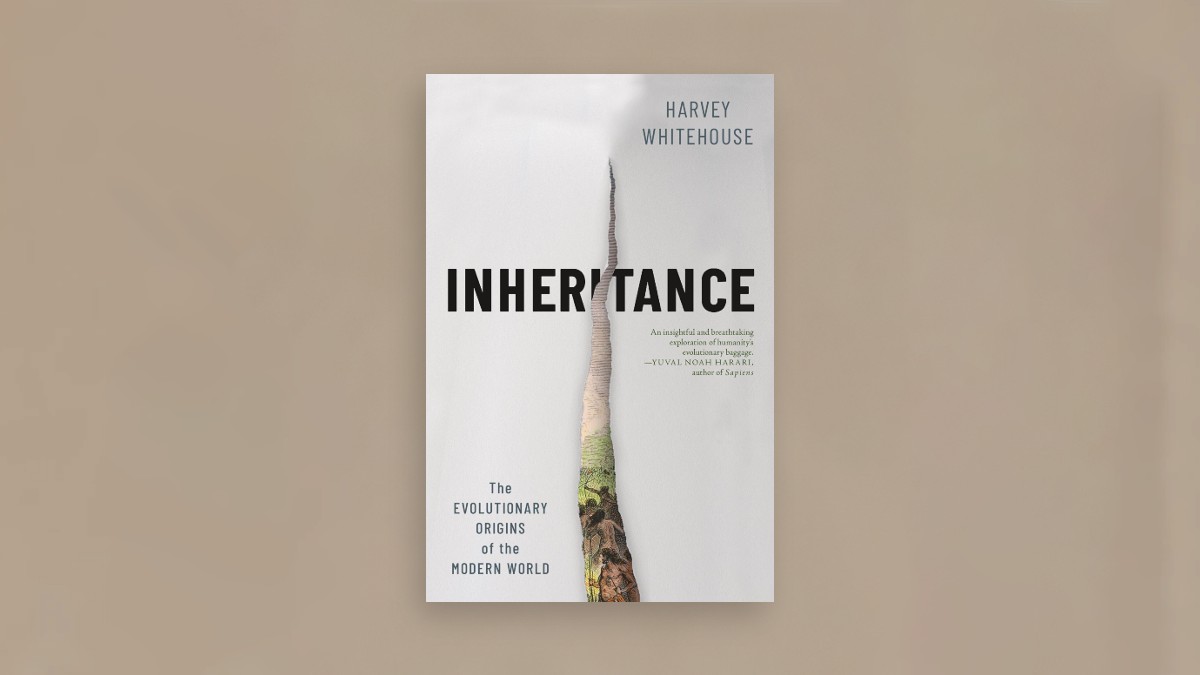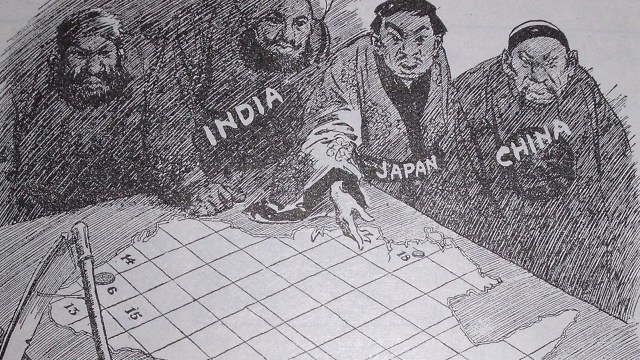402 – Homeland Is Where the Heartland Is

In geopolitical theory, the term ‘Heartland’ refers to the area between the Volga and Yangtze rivers, and between the Himalaya and the Arctic regions. According to H.J. Mackinder’s 1904 article The Geographical Pivot of History, this area was of paramount geopolitical importance due to its crucial position within what he called the World-Island (i.e. Europe, Asia and Africa). Mackinder summarised his ‘Heartland Theory’ thus: “Who rules East Europe commands the Heartland; who rules the Heartland commands the World-Island; who rules the World-Island controls the world.”
Mackinder’s theory emanated from a late-19th century vision of wars being decided by massive, land-based troop movements (speeded up by rail transport). The theory proved valuable as a context (or even a justification) for Germany’s push into the Soviet Union during the Second World War, and to a certain extent as a frame of reference during the Cold War. But one can wonder how relevant it remained, with the development of highly destructive long-range air raids as a major component of modern warfare.
Another use of the term ‘Heartland’ is as shorthand for the giant Hinterland of the United States. This American Heartland is not totally identical to its obvious geographic manifestation – i.e. the flyover states, the vast, landlocked bulk of the country without its more populated, urbane Atlantic and Pacific coasts. It also a symbolic concept, referring to an essentialist vision of an America where an apple pie is forever cooling on the window-sill. This America is less defined by geography than by nostalgia; a Heartland that is not merely a place, but also a yearning – for a country still defined by pioneering spirit and small-town values.
The heartland portrayed here is a very literal one, composed by cleverly arranging all 50 US states to have their oblique sides help form the outline of a giant heart. Texas’ pointy southern extremity represents the bottom part of the iconic heart-shape, while the slightly wedge-shaped top of Michigan’s Upper Peninsula is very aptly chosen as the place where the tops of both heart halves merge. All in all, this picture is a very nice fit – considering that all states are drawn to the same scale.
Many thanks to Casey T. for pointing out this (he)artwork, originally titled ‘States United’ (although the artist, Beauchamping, inevitably also considered ‘Heartland’). The original context of the work is here, on the website www.etsy.com, a “global vintage and handmade marketplace”.





